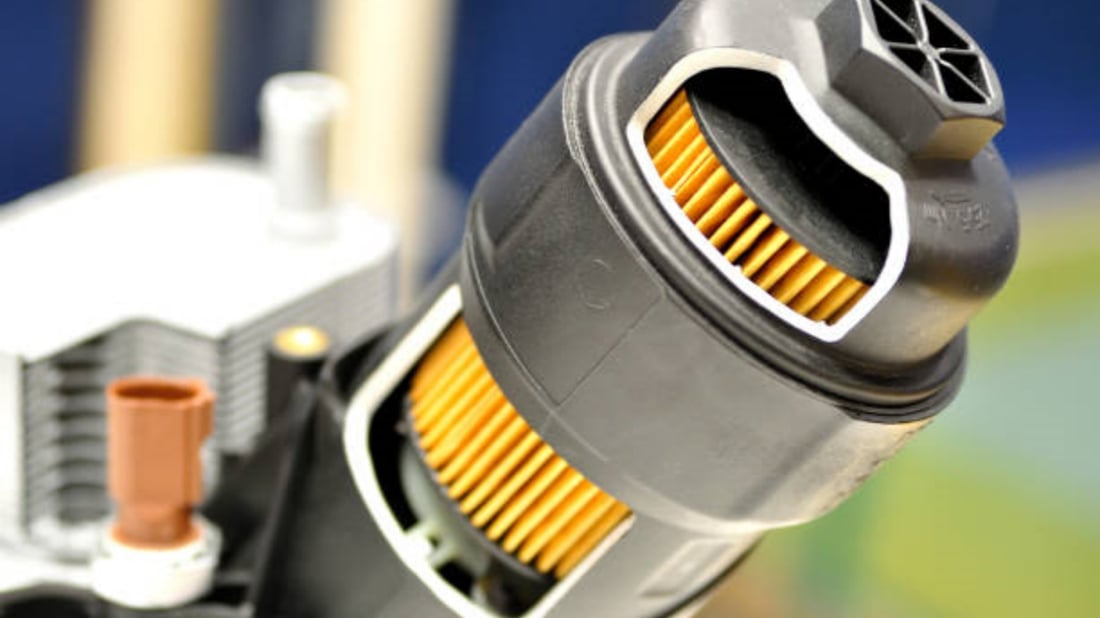Introduction
Indoor air quality is a matter of concern for many homeowners, especially those living in urban areas. Poor air quality can lead to health problems such as allergies, asthma, and respiratory issues. Air filters can help improve air quality by removing pollutants and allergens from indoor air. In this article, we will be discussing the benefits of having a room air filter.
What is a Room Air Filter?
A room air filter is a device that cleans indoor air by removing pollutants and allergens. It works by pulling air into the device, filtering out impurities, and releasing clean air back into the room. Room air filters come in different types, sizes, and designs, each with its own unique features and benefits.
Types of Room Air Filters
Here are some of the common types of room air filters:
HEPA Filters
HEPA stands for High-Efficiency Particulate Air. HEPA filters can remove up to 99.97% of particles as small as 0.3 microns, including dust, pollen, and bacteria. HEPA filters are common in homes and offices and are most effective at removing particles that can cause allergies and respiratory problems.
Activated Carbon Filters
Activated carbon filters are best for removing odors, chemicals, and gases from indoor air. They work by adsorption, which is the process of attracting and holding particles to a surface. Activated carbon filters come in different types and can remove different kinds of pollutants.
UV-C Lights
UV-C lights use ultraviolet radiation to kill bacteria and viruses in indoor air. They are often used in conjunction with HEPA or activated carbon filters to provide additional air-cleaning benefits.
Ionic Air Purifiers
Ionic air purifiers work by sending charged ions into the air, which attach themselves to particles and remove them from the air. Although they are effective at removing some pollutants, they can produce ozone, which can be harmful to human health.
Benefits of Room Air Filters
Here are some of the benefits of having a room air filter:
Improved Indoor Air Quality
A room air filter can improve the quality of indoor air by removing pollutants and allergens. This can lead to better health and well-being for those living in the home or office.
Reduced Allergies and Asthma
Because room air filters can remove allergens such as pollen, dust, and pet dander, they can help reduce the symptoms of allergies and asthma in those who suffer from them.
Reduced Exposure to Chemicals
Room air filters can remove chemicals such as volatile organic compounds (VOCs), which are found in cleaning products, paints, and other household items. This can reduce exposure to harmful chemicals in indoor air.
Reduced Odors
Room air filters can remove odors from the air, making indoor air more pleasant and comfortable.
Placement of Room Air Filters
The placement of room air filters is important for optimal performance. Here are some tips:
Choose the Right Size
Choose a room air filter that is appropriately sized for the room it will be used in. An undersized filter will not be effective, while an oversized filter can be noisy and inefficient.
Leave Enough Space
Leave enough space around the filter for air to circulate. This will ensure that the filter is working effectively and efficiently.
Consider Airflow
Consider the airflow in the room when choosing a location for the air filter. Place it in an area where air flows freely, such as near a window or door.
Conclusion
A room air filter is an effective way to improve indoor air quality and reduce the symptoms of allergies and asthma. Understanding the different types of filters and their benefits can help you choose the right one for your home or office. By placing the air filter in the right location and maintaining it properly, you can enjoy clean and healthy indoor air for years to come.

